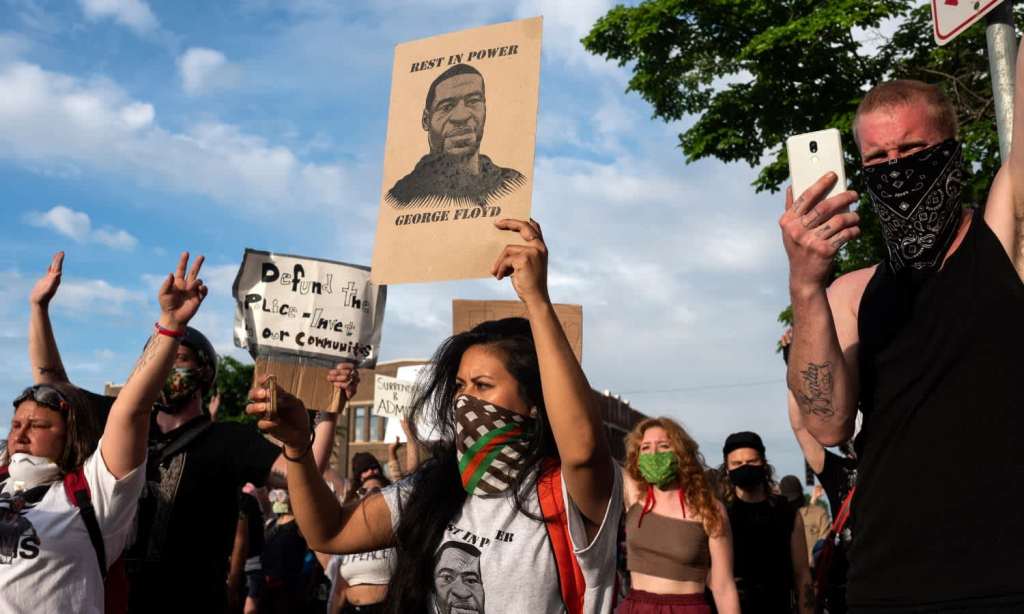The world has changed more in the last six months than it has in most of our lifetimes.
From Australia’s bushfire crisis to the ever-evolving global coronavirus pandemic and the Black Lives Matter movement, it’s easy to get caught up in what the internet is talking about without keeping a thought to what came before it.
When looking at all of these issues, all which have been just as important as one another — there is a simple correlating factor. They affect large amounts of people.
And this is why it’s so important to continue to tell the stories of those who no longer can speak for themselves. Whether it be someone who has died from the coronavirus or George Floyd — a Black American man whose death at the hands of a white police officer sparked a global movement — continuing their stories is just as important as the change that comes from them.
In fact, according to psychologist Deirdre Brandner, humans are designed to engage and connect with one another, thus the importance of sharing their stories.
“The initial introduction of a social issue may have been linked with a story or individual that was the face of that issue,” she said in an interview with TheLatch—.
“We store the image or recall the emotion that we felt when we first heard their story and our emotional response is more likely to continue to be connected to that social issue when the first crusader is associated with the cause.”
Dr Brandner says that hearing a human story, other humans immediately identify with some or all of the images, emotions and experiences being delivered.
“Our awareness is a function of this identification and as such we become emotionally responsive to the issues. The social issues resonate with us because we engage with the narrative and begin to connect.”
This connection leadings people to be driven to act and respond with a want to to help in some way.
“In order to see a response from people to donate or reflect, it is often a function of identifying with the individual or being moved emotionally,” she added.
Deirdre Brandner is a highly respected Psychologist within Australia and skilled in working with children and families who experience social, emotional and academic difficulties. You can find her here.







